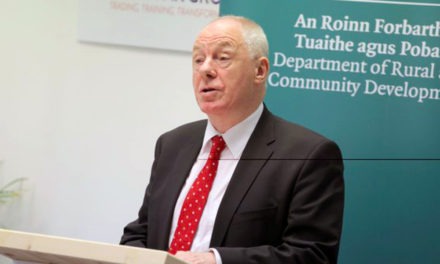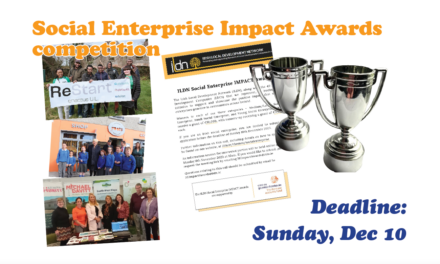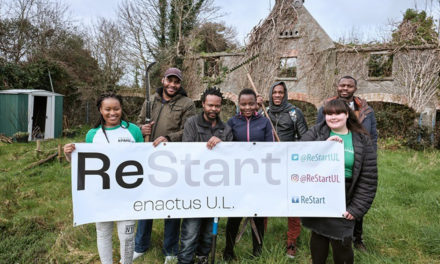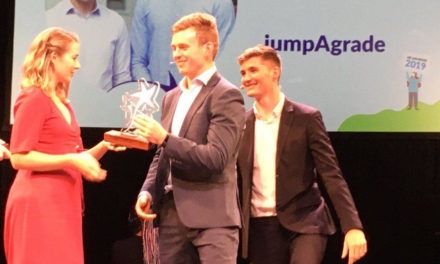Circular Week 2023 is currently taking place from October 23-27 to help promote sustainable business practices. The circular economy may be a relatively new term to most people, but it is a concept that has been around since the turn of the century.
The economic model recognises that the Earth’s resources are finite, and that like in nature, there should be no waste – everything should be transformed into materials and products that can be used again.
Our current economic system is largely linear; natural resources are used to create products that are then used and thrown away. The circular economy ties in with the zero carbon movement, and aims to cut down on manufacturing, keep products in use for as long as possible, and reduce waste.
It does this through recycling, upcycling, repairing and reusing items, as well as sustainable design principles, and business models that offer products to share or rent rather than a one-off purchase.
Internationally, governments are beginning to recognise the importance of the circular economy model. Circular principles are central to the EU’s Industrial Strategy and the EU Green Deal, and Ireland’s first national circular economy strategy was launched in December 2021. A total of €110 million was allocated to the development of Ireland’s circular economy under Budget 2024.
Ireland’s National Centre for the Circular Economy is located at the Rediscovery Centre in the repurposed Boiler House in Ballymun.
Describing itself as “a creative movement connecting people, ideas and resources to support greener low-carbon living”, the Rediscovery Centre brings together artists, scientists, designers and craftspeople through the common goal of promoting sustainability.
The centre also houses four circular economy social enterprises: Rediscover Furniture, Rediscover Fashion, Rediscover Paint and Rediscover Cycling.
It offers workshops and conducts research activities that support national waste prevention and climate action policies.
The Rediscovery Centre also houses an Eco Store selling sustainably made products from its own social enterprises, and more than 20 other independent Irish suppliers.





